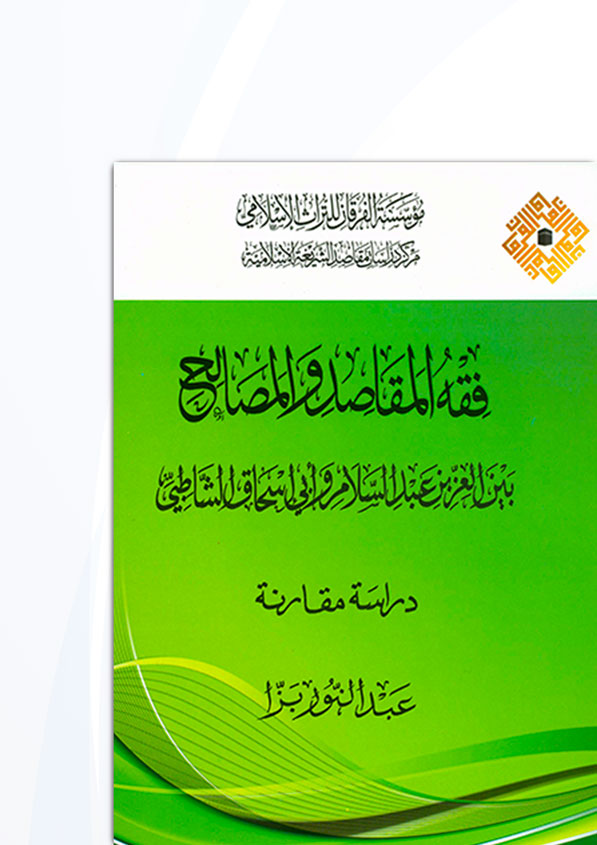Summary
This book is important and worthy of interest, comprising a study of the jurisprudence of objectives and interests (fiqh al-maqāṣid wa-l-maṣāliḥ) that makes a comparison between al-‘Iz bin ‘Abd al-Salām and Abu Isḥāq al- Shāṭibī. In the introduction, the author explains the terms he uses in the title. Subsequently in the first chapter, he presents the available information on key events of the times in which both Imams lived, as well as their biographies, and methodology. In the second chapter, he provides a narrative of the gradual evolution of the discipline of jurisprudence of objectives and interests in the historical context; how it originated; how it evolved; and to which point it advanced. In Chapter 3, he turns his attention to considering the most important issues within the jurisprudence of objectives and interests from the perspectives of these two eminent, contrasting authorities. In this context, he focuses on those matters that relate to our present concerns regarding knowledge and society, refers to seven significant issues, namely objectives (maqaṣid) and interests (maṣaliḥ); worship (‘ibadah) and causation (ta‘līl)); interests between reason (‘aql) and text (naṣ); objectives and means (wasā’il); the juxtaposition (tamazuj) and rational weighting (tarjīḥ) of interests and harms (mafasid); public (‘āmah) interests and specific (kifā’iyah) objectives; and, finally, objectives and consideration of consequences (ma’ālat).




Reviews
There are no reviews yet.